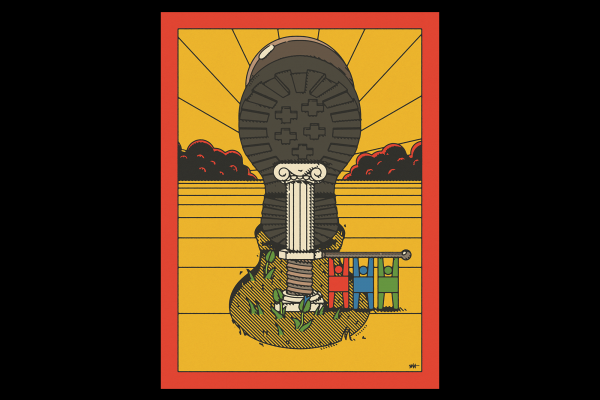In 2012 I was a U.S. State Department officer deployed to Turkey to work with the Syrian opposition. It was an opportunity to support Syrian activists waging a remarkable popular struggle against an authoritarian government that had responded to peaceful protest with bullets and torture. For nearly a year, Syrian Sunnis, Christians, Kurds, Druze, Alawites, and others used demonstrations, sit-ins, resistance music, colorful graffiti, consumer boycotts, and dozens of other nonviolent tactics to challenge the Bashar al-Assad administration. But the nonviolent movement was unable to remain resilient in the face of brutality, external support for civil resistance was weak, and finally Syrians took up arms. This played into Assad’s hand. Death, displacement, and destruction skyrocketed. Extremists exploited the chaos. The Syrian nonviolent pro-democracy forces were inspired and courageous but lacked organization and adequate support to prepare them for the long haul. This haunts me to this day.
I’ve worked around the world with scholars, activists, policy makers, and faith communities to design effective support for nonviolent struggles to defend and advance freedom and dignity. I’ve been mentored by leaders of the U.S. civil rights movement, the greatest pro-democracy movement in our history, whose strategic campaigns to dismantle racial authoritarianism hold great relevance today.
As we head into the 2024 election, the risks to freedom and democracy are higher than they’ve been for decades. Religious communities who understand that democracy is the best modern governing system for protecting religious freedom and advancing shared values have a critical role to play as partisans for democracy.
Read the Full Article

